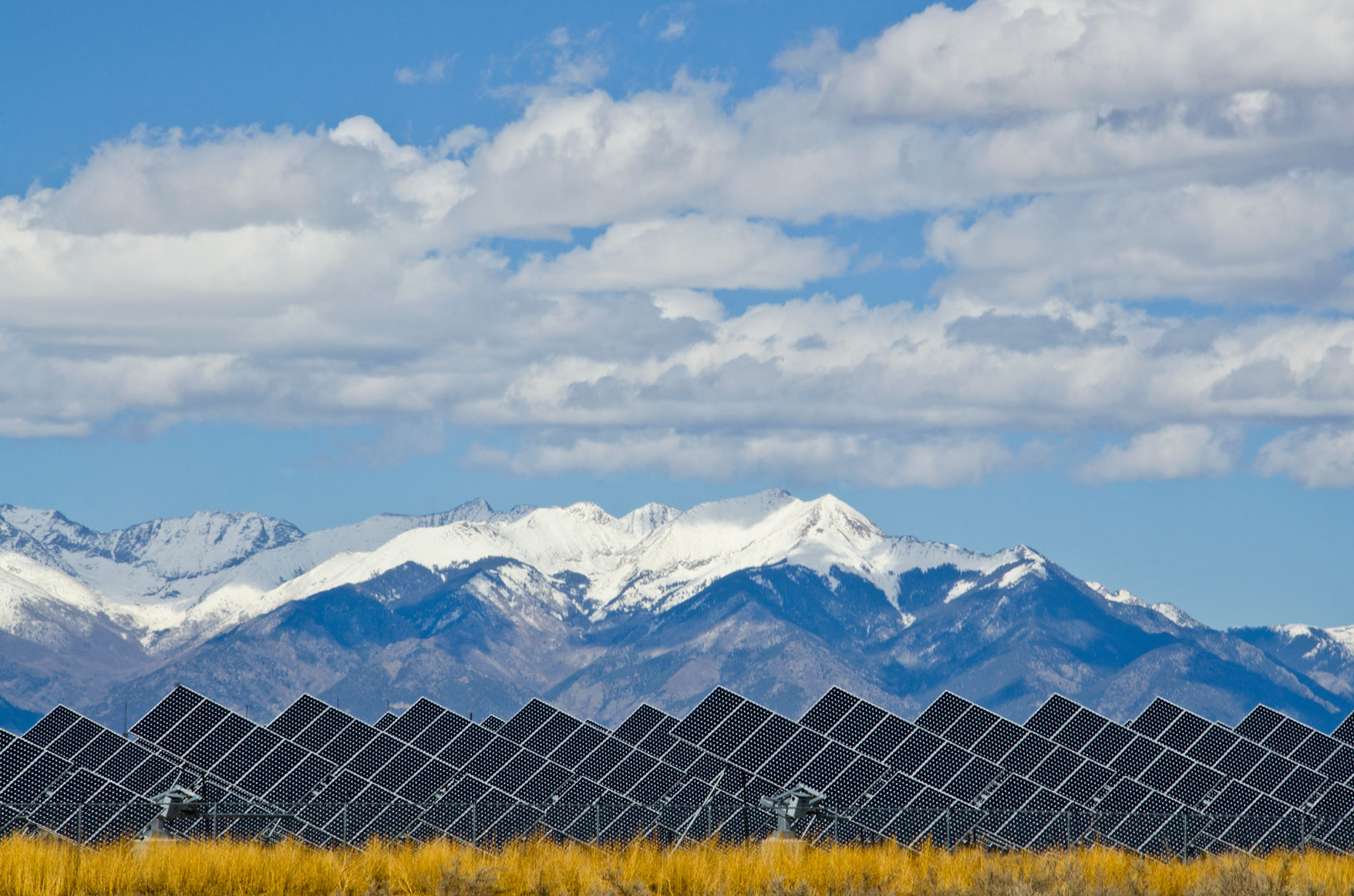Expert Insights: The Future of Renewable Energy in Colorado
As the world continues to grapple with the effects of climate change and the depletion of fossil fuels, the spotlight increasingly turns to renewable energy sources. Colorado, with its vast natural resources and progressive energy policies, is poised to be a leader in this transformation. But what does the future hold for renewable energy in Colorado? Let's delve into some expert insights to find out.
The Current State of Renewable Energy in Colorado
Colorado has made significant strides in renewable energy over recent years. The state has harnessed its abundant sunshine and wind to generate a substantial portion of its energy needs. As of 2023, approximately 30% of Colorado's electricity comes from renewable sources, primarily wind and solar. This progress places Colorado among the top states in the U.S. for renewable energy production.

The state's commitment to renewable energy is underscored by its ambitious goals. Colorado aims to achieve 100% renewable energy by 2040, a target that aligns with its dedication to reducing carbon emissions and promoting sustainable growth.
Technological Innovations Driving Change
Technological advancements are playing a crucial role in the growth of renewable energy in Colorado. Innovations in energy storage, such as more efficient and cost-effective batteries, are allowing for greater stability and reliability in power supply. Furthermore, smart grid technologies are being implemented to optimize energy distribution and enhance grid resilience.
In addition to storage solutions, innovations in solar panel efficiency and wind turbine design are contributing to lower costs and increased output. These technological improvements are crucial for making renewable energy more accessible and appealing to both residential and commercial users.

Policy and Economic Incentives
The state government of Colorado has been proactive in creating a favorable environment for renewable energy development. Through tax incentives, grants, and supportive legislation, Colorado encourages investment in clean energy projects. The Renewable Energy Standard, which requires utilities to source a certain percentage of energy from renewables, has been a significant driver in this regard.
Furthermore, economic incentives are not just limited to large corporations. Homeowners and small businesses can also benefit from rebates and tax credits when installing solar panels or participating in community solar projects. These incentives help mitigate upfront costs and promote widespread adoption of renewable technologies.
The Role of Community and Local Initiatives
Community involvement is a cornerstone of Colorado's renewable energy strategy. Local initiatives, such as community solar gardens, allow residents to share the benefits of solar power, even if they cannot install panels on their own properties. These programs foster a sense of collective responsibility and empower communities to take control of their energy futures.

Moreover, educational programs in schools and community centers are raising awareness about the importance of renewable energy and training the next generation of energy leaders. By fostering an informed and engaged populace, Colorado ensures a sustainable approach to energy consumption and conservation.
Challenges and Opportunities Ahead
Despite the progress, challenges remain in the transition to renewable energy. Grid integration, energy storage, and market fluctuations are ongoing concerns that require innovative solutions. However, these challenges also present opportunities for growth and development. By investing in research and collaboration, Colorado can continue to lead in renewable energy innovation.
In conclusion, the future of renewable energy in Colorado looks promising. With continued investment in technology, supportive policies, and community engagement, Colorado is well on its way to achieving its renewable energy goals. As the state moves forward, it serves as a model for the nation and the world in the pursuit of a cleaner, more sustainable energy future.